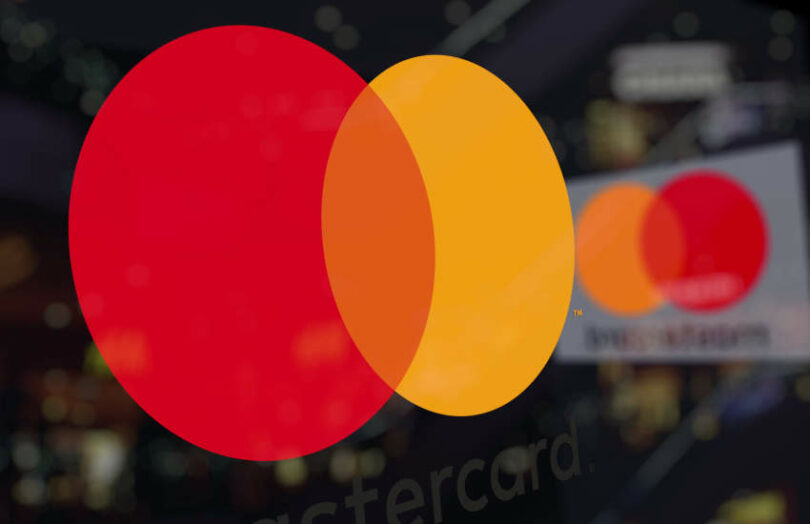Yesterday Mastercard unveiled its central bank digital currency (CBDC) partner program, which aims to promote collaboration to enable innovation and efficiencies. The initial partners are Consensys, Consult Hyperion, Idemia, Fireblocks, Fluency, Giesecke+Devrient (G+D) and Ripple.
“We believe in payment choice and that interoperability across the different ways of making payments is an essential component of a flourishing economy,” said Raj Dhamodharan, head of digital assets and blockchain at Mastercard. “As we look ahead toward a digitally driven future, it will be essential that the value held as a CBDC is as easy to use as other forms of money.”
Mastercard also highlighted its own work on CBDC in Hong Kong, Brazil, the US (RLN), Australia and England.
Two of the providers, Consult Hyperion and Fluency are UK-based, with Consult Hyperion partnering the Bank of England (BofE) for CBDC work. Fluency is on two industry advisory bodies, the BofE CBDC Technology Forum and the European Central Bank’s digital euro Markets Advisory Group and was named as a Technology Pioneer by the World Economic Forum for its CBDC solution. It was also a finalist in the G20 CBDC Techsprint.
G+D has multiple CBDC build projects
Several in the group have strong CBDC pedigrees. Amongst the established providers, Germany’s G+D is a long time central bank partner for the technology used in printing currency as well as security. It has officially landed at least two pieces of CBDC work, to develop a prototype for the Bank of Thailand, and to build the CBDC pilot for Ghana.
Additionally, it won multiple awards in CBDC competitions, including Singapore’s Global CBDC Challenge and Hong Kong’s Fast Track CBDC competition. The company has revenues of €2.5 billion ($2.7bn) and around 12,500 staff.
IDEMIA does offline CBDC
France’s IDEMIA specializes in identity and is a very similar size company to G+D with revenues of €2.6 billion ($2.8bn) and 15,000 employees. It says it has relationships with 600 government, state and federal bodies worldwide. When it comes to CBDC its specialty is offline CBDC. While it hasn’t announced formal build projects, it has been involved in multiple central bank CBDC research projects.
These include the BIS and Bank of England Project Rosalind for APIs and a smart card project in Singapore. It was also one of the winners of G20 CBDC Techsprint in conjunction with another prolific CBDC provider, Bitt. Separately it is working with Japanese card company JCB which is exploring a potential CBDC in an unofficial capacity.
Consensys’ CBDC track record
In terms of high profile projects, Consensys has considerable experience in CBDC research projects, possibly more than any other provider including Hong Kong, Singapore, South Africa, France, Australia and Thailand. We’re only aware of one build project for Korea’s CBDC in an indirect capacity as a partner to GroundX which has the Bank of Korea contract.
The company has had less of a CBDC profile since Charles d’Haussy moved on. While Mastercard is an investor in Consensys, the startup has a relationship with Visa on some CBDC projects. For example, it worked with Visa on the development of a Visa CBDC payment module which won an award in Singapore.
Ripple’s CBDC experience
Ripple has a number of partnerships with smaller central banks. Some are exploring quasi-CBDCs or national stablecoins because their economies are dollarized. This is the case with the Central Bank of Montenegro and the Republic of Palau. Additionally, Ripple is working with Bhutan to pilot a CBDC and with the Colombian government to explore blockchain use cases.
Meanwhile, Fireblocks is best known for its security and custody technology although it has expanded beyond that. It’s involved in Digital Real pilots in Brazil as a partner of Nubank and has raised more than $1 billion in venture funding.
“By assembling the strengths, deep expertise and different capabilities of these partners, we can drive innovation in the central banking community and along the CBDC value chain as the space continues to evolve,” said Mastercard’s Dhamodharan.






